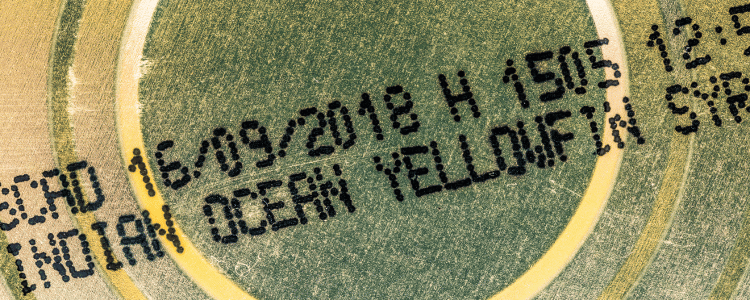
Inventory management is a cornerstone of successful businesses, particularly in industries where goods must be stored and dispatched to meet customer demands. One of the most prevalent methods used in inventory management and order fulfillment is the First-In, First-Out (FIFO) method. This article will explore the FIFO method, its implications, advantages, and how it’s used in business operations.
What is the FIFO Method?
The FIFO method, or First-In, First-Out, is an inventory valuation and management method in which the items produced or acquired first are the ones sold or used first. Essentially, the oldest inventory items are recorded as sold before the more recent ones.
Why is FIFO Used in Inventory Management?
There are various reasons businesses choose to employ the FIFO method:
Realistic Inventory Value: By selling or using the oldest items first, businesses ensure that the remaining inventory reflects current market costs, thus providing a more realistic valuation.
Reduction in Obsolescence: Products, especially perishable goods, may become obsolete, go out of style, or expire. By using or selling items in the order they were acquired, the risk of holding onto obsolete stock is minimized.
Simplified Data Management: With FIFO, companies don’t need to track individual items’ purchase dates, as they always assume that the oldest items are moved out first. This simplifies record-keeping.
Consistent Flow: FIFO ensures a consistent flow of inventory, which is particularly important in industries with perishable goods. By selling the oldest items first, waste due to spoilage is minimized.
How is FIFO Used in Inventory Management and Order Fulfillment?
Inventory Valuation
For accounting purposes, the FIFO method can determine the value of the remaining inventory and the cost of goods sold (COGS). When calculating COGS using FIFO, it is assumed that the oldest inventory items are the first to be sold. This results in the ending inventory being valued at more recent costs.
Warehousing and Storage
In a physical setup, warehouses often employ a system that makes older stock more accessible than newer stock. This can be seen in the layout, where older products are placed closer to the dispatch area.
Order Fulfillment
For businesses that focus on order fulfillment, FIFO ensures that products sent out are from the oldest batch, guaranteeing that the freshest products remain available for future orders. This approach is crucial for businesses dealing with food products, medicines, or any item with a limited shelf life.
Periodic Assessments
By adhering to the FIFO method, businesses can perform regular audits and assessments to understand product movement. This can help identify slow-moving items and determine the appropriate marketing or discounting strategies to move these products more efficiently.
Advantages of the FIFO Method
Reflects Current Market Conditions: By ensuring the latest prices are the ones reflected in the inventory, businesses can make more accurate financial predictions and decisions.
Reduces Wastage: Especially in the case of perishable goods, FIFO minimizes losses due to spoilage or obsolescence.
Simplicity: FIFO is straightforward and requires less intricate record-keeping and tracking, making inventory management more streamlined.
Conclusion
The FIFO method offers a logical and efficient approach to inventory management and order fulfillment. By ensuring that older items are prioritized, businesses can reflect current market values more accurately, minimize wastage, and streamline their operations. While it may not be suitable for all business types, for many, especially those dealing with perishable or time-sensitive goods, FIFO remains a cornerstone of effective inventory management.
Related Articles
2-Dimensional Barcodes: Importance and Use in the Supply Chain | September 27, 2023
2-Dimensional Barcodes: Importance and Use in the Supply Chain | September 27, 2023
GS1 Barcodes: Ensuring Product Visibility and Traceability | September 25, 2023
GS1 Barcodes: Ensuring Product Visibility and Traceability | September 25, 2023